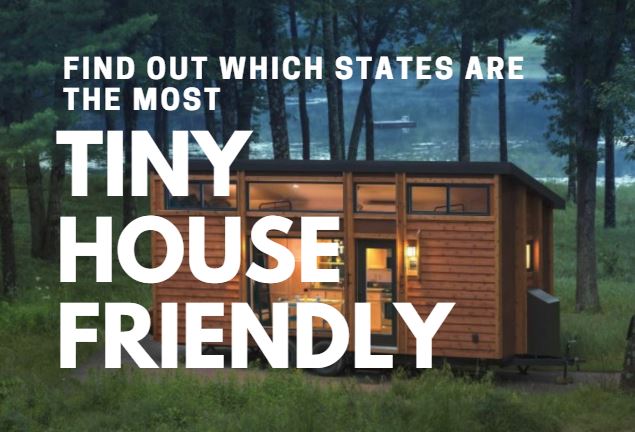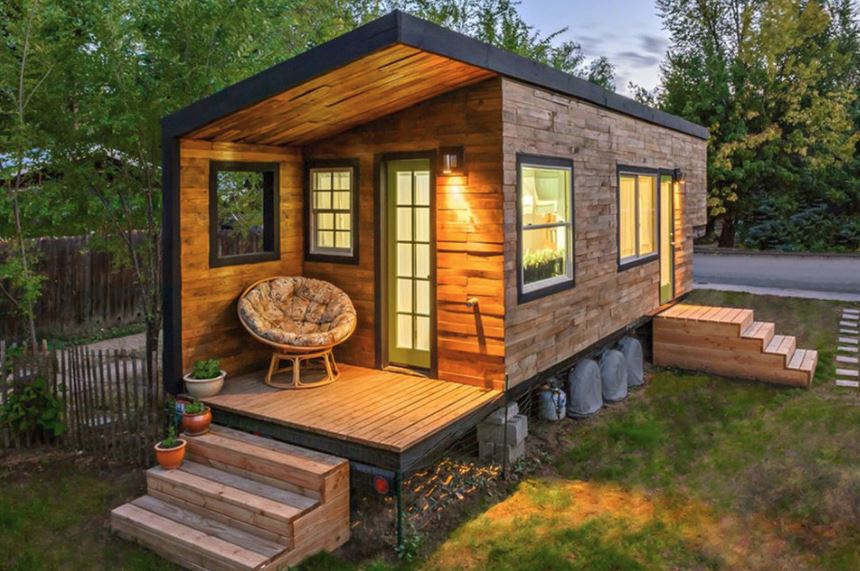
Tiny house zoning regulations: What you need to know
Despite the growing enthusiasm for tiny houses, it still isn’t easy to legally build them for full-time use. Zoning laws and building codes, by and large, require a minimum square footage for new-construction homes, and progress to reduce that square footage is slow.
“There are only a handful of cities across the country that directly address tiny houses,” says Alexis Stephens, the national coordinator for the Tiny House Association and the producer of Tiny House Expedition. Stephens is making a three-part documentary about living legally in a tiny home after she found that “there’s a lot of interest [in tiny living], but people are confused by the zoning codes and regulations, and feel intimidated to go to the city government.”
Cities and towns that have started to accommodate tiny homes have typically been pushed by grassroots organizers asking government officials for changes

to local building and zoning codes. The result is that tiny house ordinances are “so darn specific,” as Stephens says, to the town or city they’re approved in.
In that vein, here you will find a breakdown of the states across America where it’s actually feasible to build the tiny house of your dreams and what you need to know before you do it. If you don’t see your state on the list, the American Tiny House Association rounded up regulations for many states, as well as contact info for state chapter leaders. And there’s always the option to petition your own city for tiny house-friendly zoning changes.
Types of tiny homes
There are two types of tiny homes: a tiny house on wheels, legally considered a recreational vehicle (RV), and a tiny
house on a foundation, legally considered an accessory dwelling unit, or ADU. If you’re building a tiny house on wheels, you’ll need to register it as an RV with your state; in most states, a self-built RV will be inspected before it gets a license plate. Building an accessory dwelling unit, however, is more complicated.
So where can I live?
If you’ve registered your tiny house on wheels as an RV and plan to travel with it, you aren’t dealing with zoning or building code concerns—you just need to find a place to park it. You could stay in a friend’s backyard or park on their driveway (with permission, of course), or pay to stay at a camping, RV site or waterfront community. The latter will dictate how long you’re allowed to stay there. Most states prohibit RVs as full-time residences in zones other than RV parks—but the rule is really only enforced if your tiny house on wheels is reported or complained about.
For more, View the Full article by BY
Re-Posted by Scott Freerksen “The Lake Guy”
